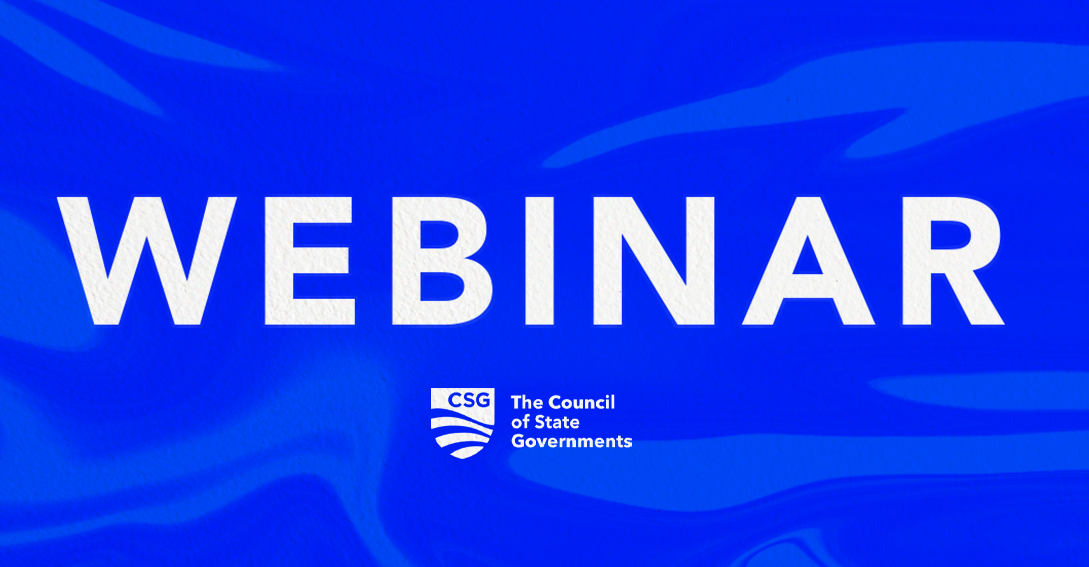Promoting high-quality employment and training opportunities for people with disabilities has long been a priority for governors, state agency leaders and state legislators. The COVID-19 pandemic has posed many new barriers and challenges for workers with disabilities, and has amplified and accelerated many trends that were already leading to rapid changes for work, workers and workplaces. To promote a strong and equitable recovery, state leaders can work together to ensure that their workforce development ecosystems and economic recovery agendas are inclusive of and effective for people with disabilities. In this webinar, The Council of State Governments, the National Governors Association Center for Best Practices, and the National Conference of State Legislatures will discuss how state leaders can facilitate statewide coordination to center disability employment in workforce recovery efforts and share lessons learned through their engagement in the State Exchange on Employment and Disability.
The webinar will take place Tuesday, August 19th, 4-5pm EST.
Register here: https://zoom.us/webinar/register/WN_8uxJchdKT9GRmVCgItms3A

